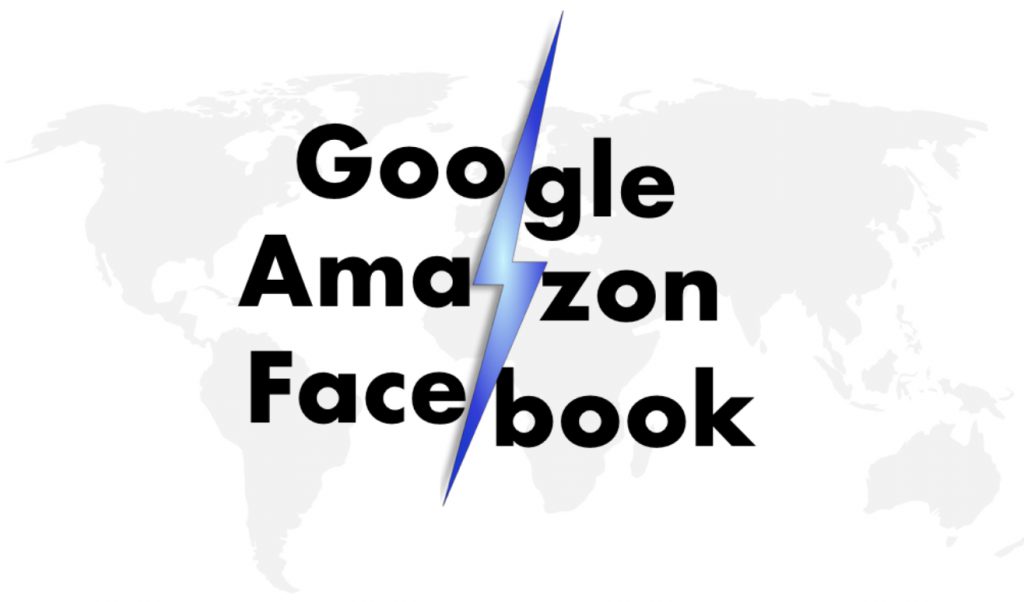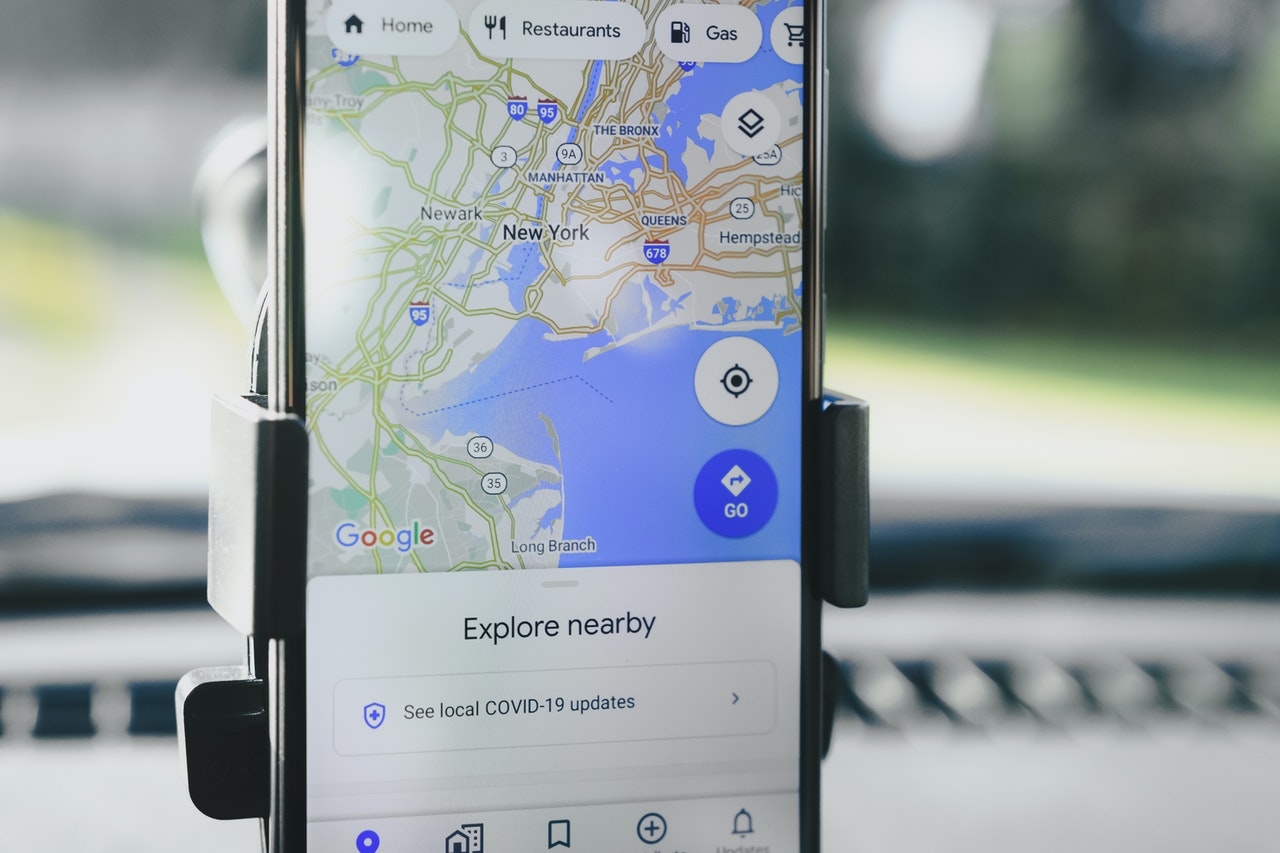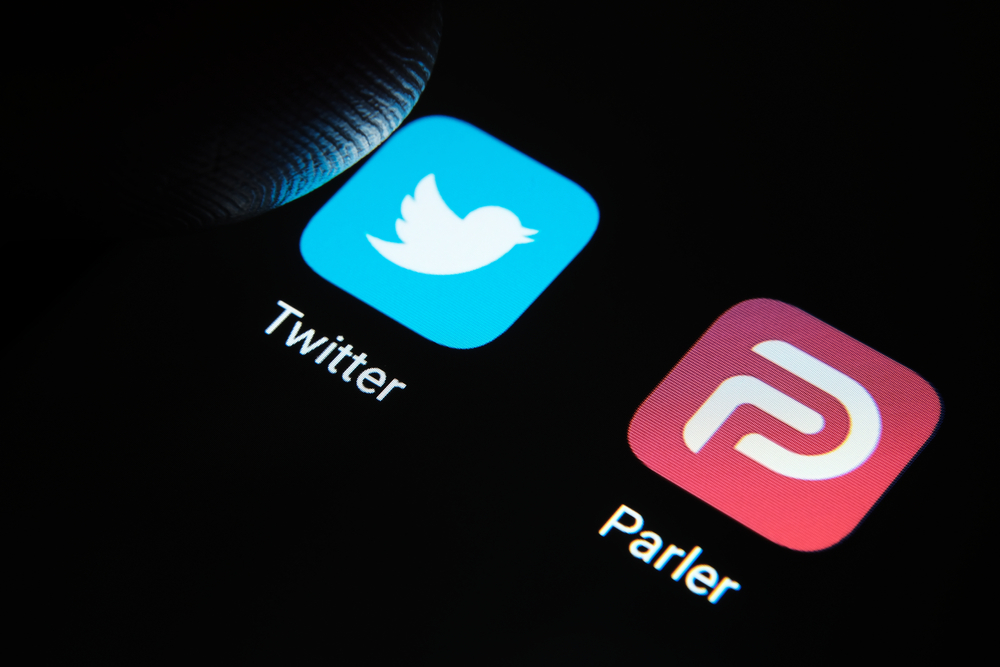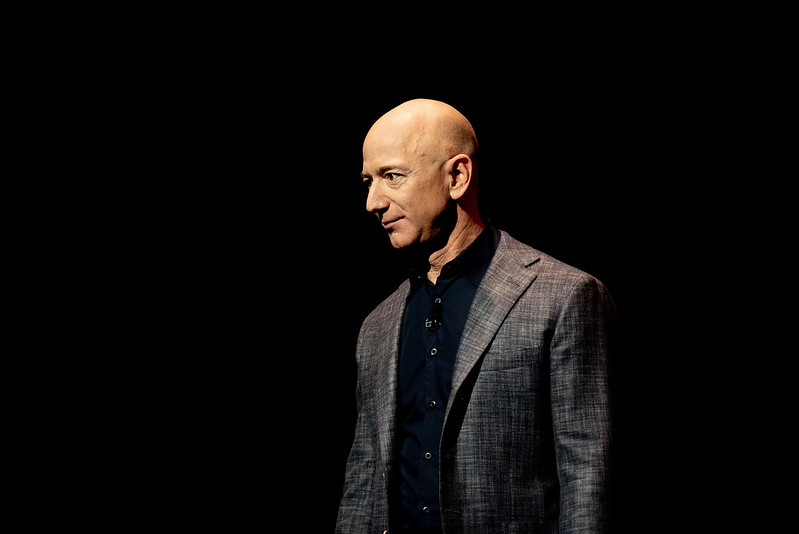Reading Time: 2 minutes
- There was a time when political leaders thought that bigger businesses were better because they brought efficiencies & innovation.
- So, governments sought to consolidate industries into firms or allowed companies to get together & form trusts.
- There are various ways, a big company or trusts can make the existence of smaller companies difficult.
- Unless there is a law that protects the smaller companies and keeps a check on the monopolies of big companies; this law in US is called The AntiTrust Law (ATL).
- It was first passed in 1890 in response to public outcry against price-fixing abuses by monopolies.
- But evidence suggests that the 1890 ATL was weak; thousands of manufacturing firms between 1895 to 1904 merged into just 157.
- As a result, huge monopolies emerged, e.g. Standard Oil Company, in 1904, controlled 91% of US oil production.
- After a 5-year long court battle, Standard Oil Company was broken up into companies, which it had bought to form ‘Standard Oil Company’; this led to a competitive oil industry & consumers benefitted.
- Because of its pros (point 1 above) & cons, the ATL, despite so many revisions over the years, has remained vague and its enforcement has been left to the will of regulatory-agencies, court and the President.
- And this is why demands for breaking up the Big-3 (Amazon, Google & Facebook) keep surfacing as people believe this will put pressure on bodies responsible for ATL enforcement.
- The proponents of ATL enforcement on the ‘Big-3’ say that these companies would not exist or be so big, if ATL was not enforced against AT&T (multiple times between 1907 to 1984), the sole telephone service provider for decades.
- In 1956, AT&T was asked to limit itself to landline telephone business and to license its patent portfolio at no cost.
- One of these patents was the transistor, which led to the birth of Silicon Valley and emergence of semiconductors, computers, software, video games & internet.
- AT&T was also not allowed to enter the then-nascent computer industry, which was left to IBM etc. to handle; the 1984 break-up of AT&T into 8 companies is also believed to have to led to rapid growth of cellular & broadband industries.
- The dominance of Big 3 matches that of AT&T – Google’s market capitalisation is greater than sum of all big media groups; Amazon’s growth in stock market invariably leads to de-growth of other retailers & FB buys whatever it sees as strong competition (Instagram for $1 billion, WhatsApp for $19 billion).
Share this:
-
Pingback: What is Epic-App Store battle and why it may redefine how app stores function? - 2dPoint






















